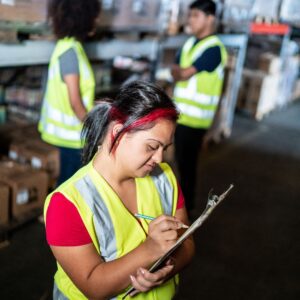In the Philippines, where coconut palms shape both landscapes and livelihoods, a transformative initiative is underway to modernize the coconut sector using artificial intelligence (AI) and circular economy principles. Announced at the World Coconut Congress 2025 in Manila by the International Labour Organization (ILO), this vision aims to make coconut farming a driver of inclusive, climate-resilient growth that uplifts workers, strengthens local economies, and ensures minimal waste.
Despite its cultural and economic significance, the coconut industry has long faced challenges including low productivity, volatile prices, and persistent poverty. On islands like Siargao, smallholder farmers remain heavily dependent on copra, a low-value export, while over 80 percent of coconut by-products are discarded. The local tourism sector, which welcomed over half a million visitors in 2023, has yet to fully integrate and benefit the coconut communities.
The ILO’s proposed approach emphasizes circularity, creating diverse income streams from every part of the coconut, including virgin coconut oil, vinegar, soap, coir, candy, and eco-products. Technology acts as a catalyst for this transformation. Through AI-powered SCORE training under the Digital-PINAS program, micro, small, and medium enterprises are modernizing operations, improving occupational safety and quality systems, optimizing resources, reducing waste, and expanding market access through AI-assisted planning and digital marketing tools. The ILO emphasizes that AI empowers workers rather than replacing them.
In Siargao, this vision is already taking shape. In Del Carmen, former mangrove cutters have transitioned into environmental rangers, protecting newly designated Ramsar Wetlands, while local businesses produce eco-friendly alternatives to charcoal and convert coconut by-products into products for the tourism sector. Supported by SCORE training and Digital-PINAS, Siargao is emerging as a model for AI-enabled circular economies that promote climate resilience, inclusive livelihoods, and sustainable tourism.
The ILO is calling for broad multi-stakeholder collaboration involving government agencies, private sector actors, and development partners to replicate and scale this model across the Philippines and beyond. The goal is to establish a zero-waste, digitally enabled coconut economy that empowers workers, farmers, women, and youth, ensuring equitable benefits from growth. In Siargao, this future is already in motion, demonstrating how climate-smart and inclusive approaches can revitalize traditional sectors.







